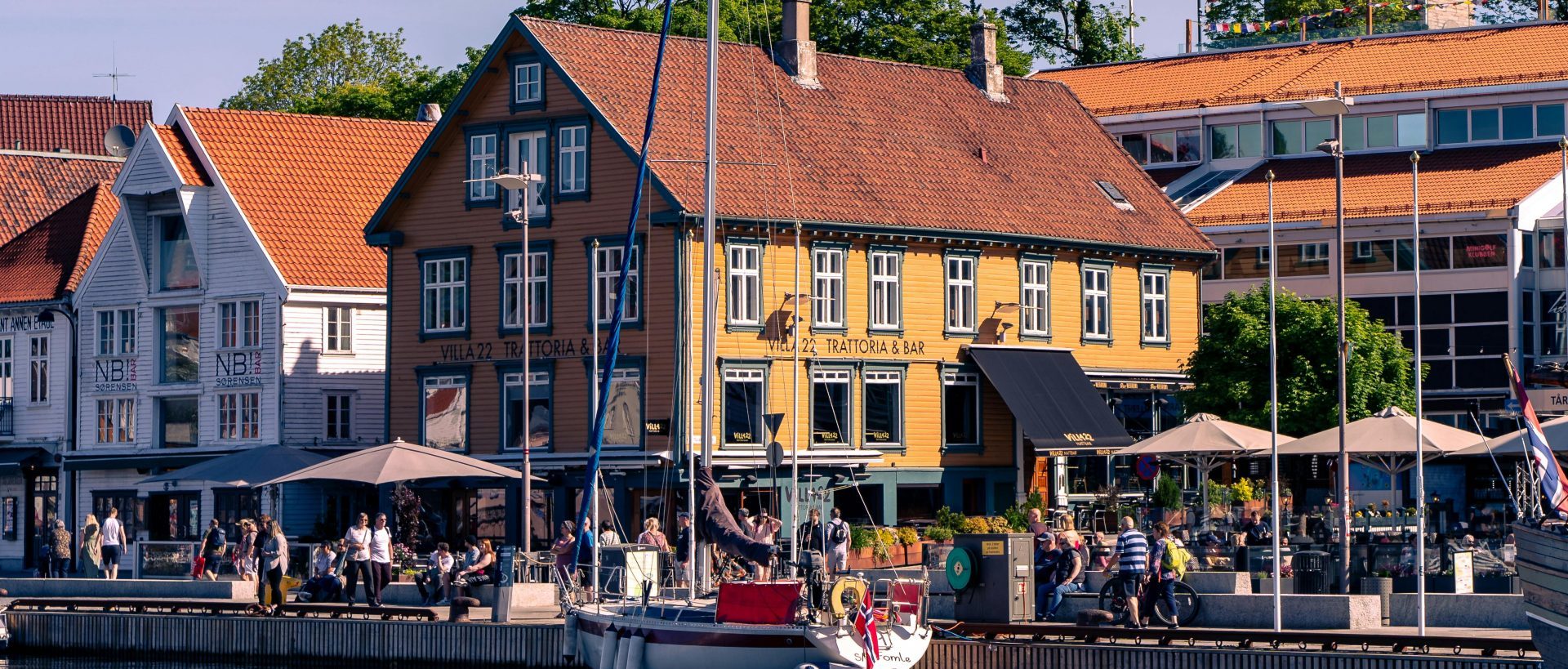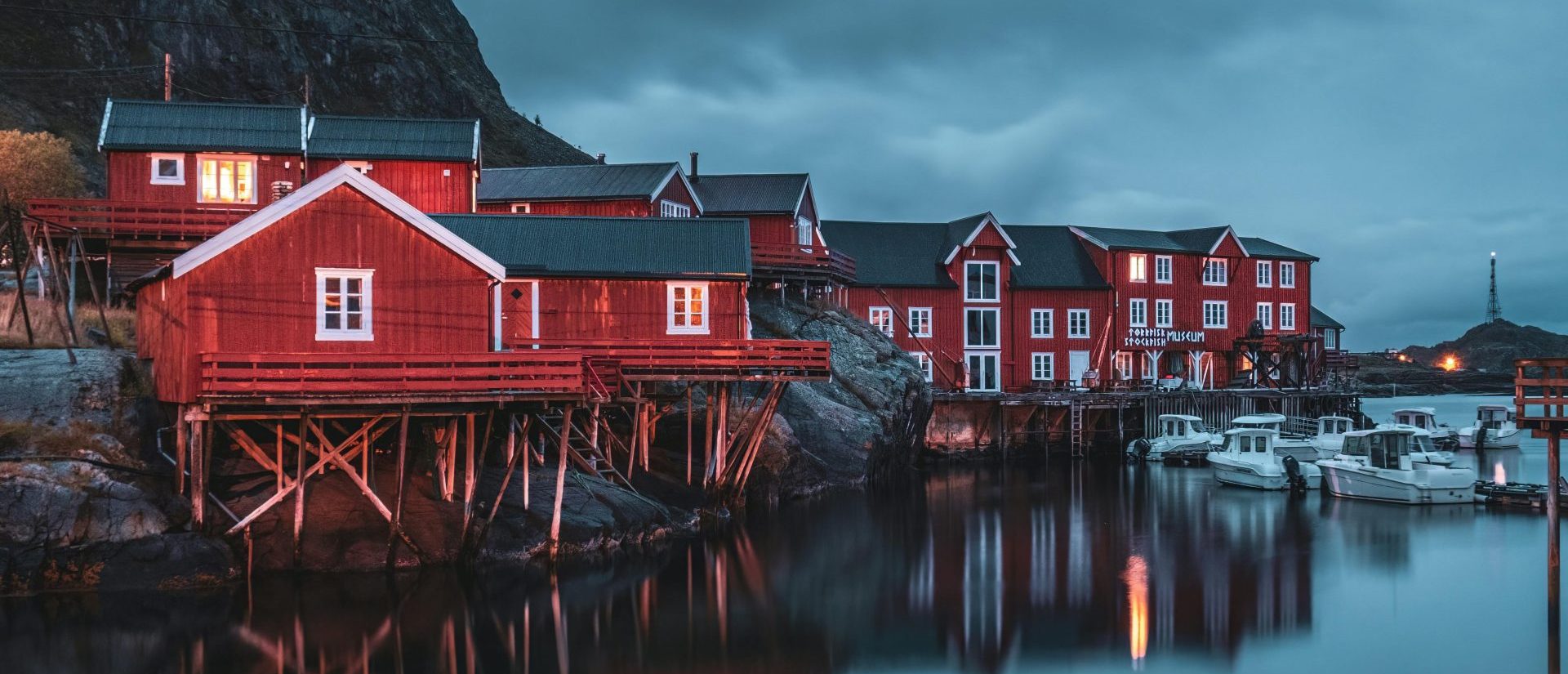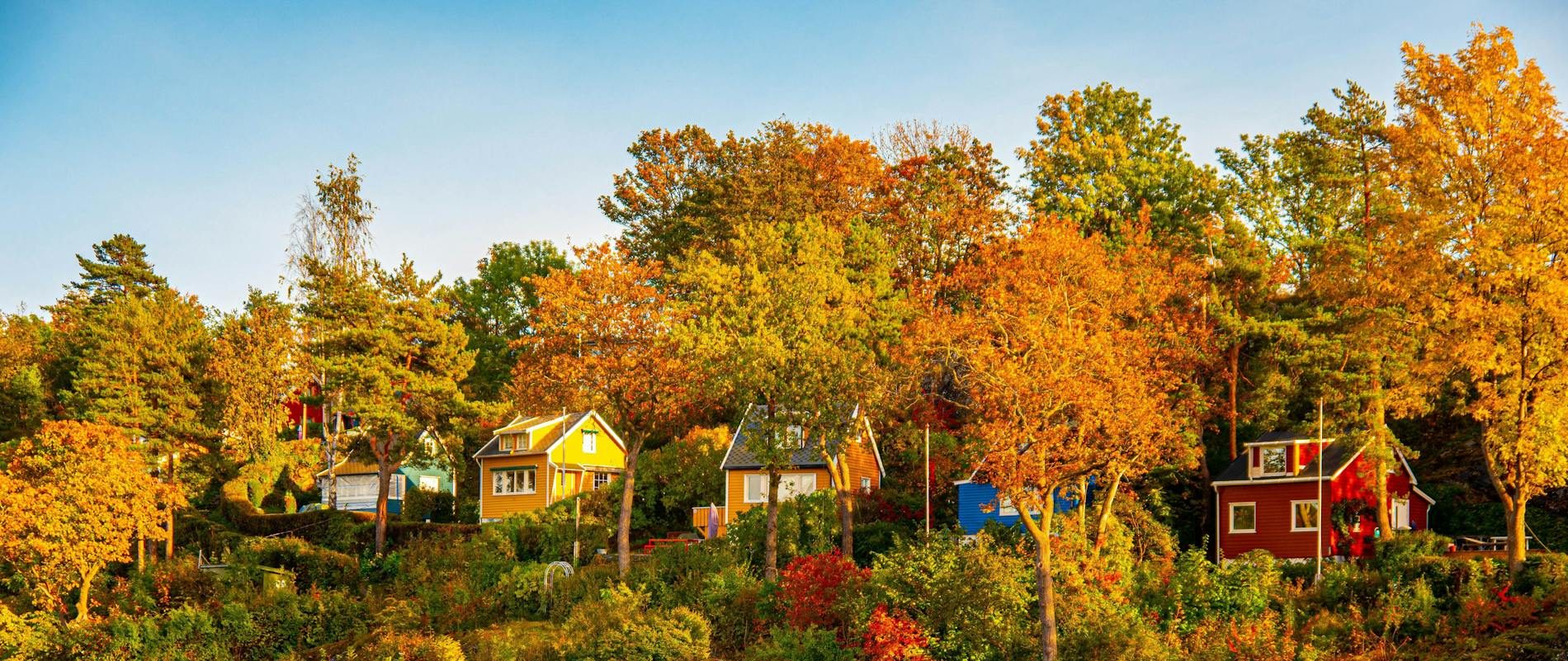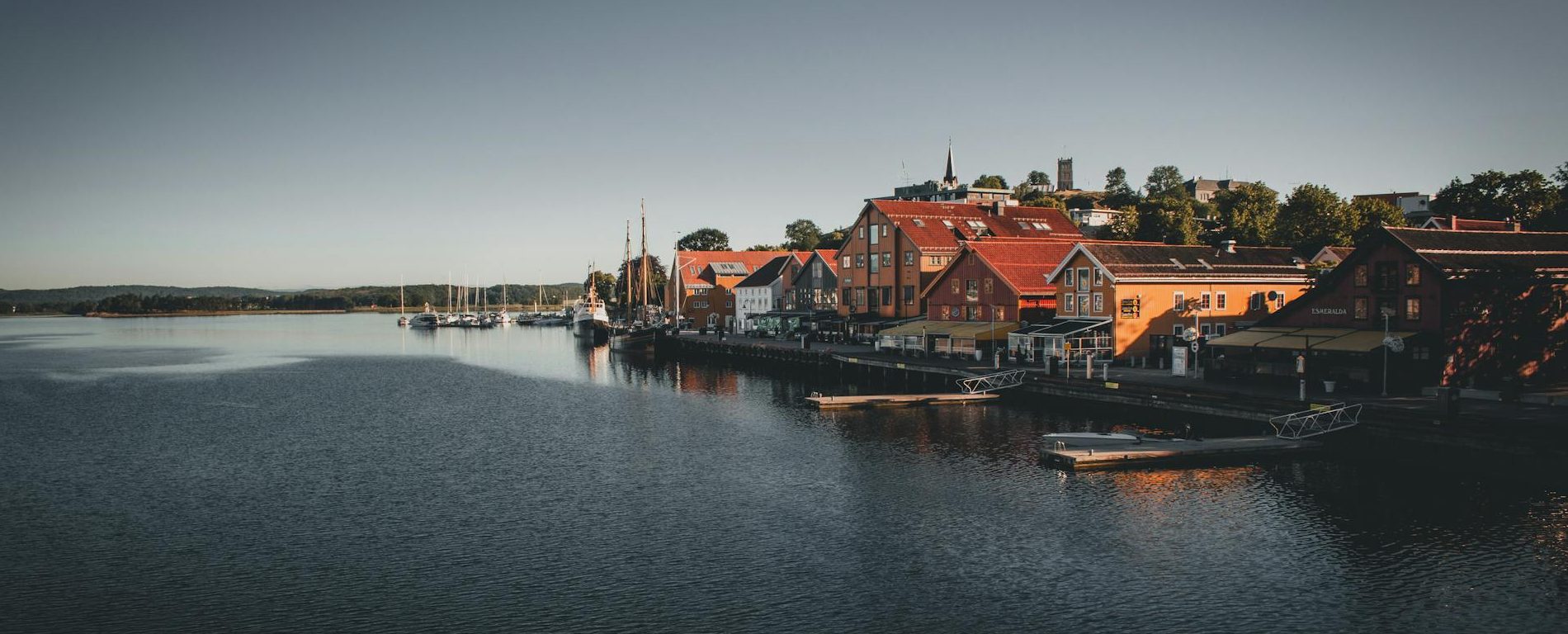
Before the discovery of oil, Norway was not particularly wealthy but had a stable economy based on fishing, agriculture, and hydropower. The discovery of oil significantly boosted its economic standing, allowing for extensive development and investment in public infrastructure. Now, Norway gets only after Russia when we talk about oil reserves. This is one of the reasons that gives the country the status of the wealthiest nation in the world, if not the wealthiest one. The discovery of oil in the North Sea during the late 1960s transformed Norway’s economy. Still, its prosperity is also due to its management of these resources and some controversies that point to developing its infrastructure to the detriment of other nations located in the African continent. In this article, we aim to point out the advantages of living in a country that prioritises the well-being of its citizens and the concerns a nation has in diminishing its carbon footprint and generating technologies to
Norway ranks highly in development due to its robust social welfare system, excellent healthcare, and strong educational infrastructure. The government’s strategic investment in public services and sustainable development has made Norway one of the most developed countries globally. Norway is not only firming its status as the richest country in the world but also having a major influence in the strategic field of trade and defence. Its proximity with Sweden and Finland, joining Estonia, Latvia, Lithuania, and Denmark group, now all part of NATO. This alliance has brought prosperity to infrastructure, influencing plans to improve transport, such as Swidish motorways that will connect to Norwegian gravel roads. All to facilitate dislocation and make locals’ and expats’ lives better. The sense of community is clear, parting from the principles of all parts rejecting a Nordic bloc to avoid leaving the Baltic countries out of the main picture. All these showcase the advantages for residents and newcomers.
Norway’s high per capita income is largely attributed to its natural resource wealth, particularly oil and gas. The country has effectively managed its petroleum income through the Government Pension Fund Global, which ensures that oil revenues benefit future generations and provide economic stability. But what about the views on inequality compared to the rest of the world?
According to BBC business reporter Jorn Madslien, many do, but some say otherwise. The reporter interviewed a professor of Scandinavian literature who defends the feeling expressed in the arts through movies, TV series, and books: “We’ve seen the emergence of a narrative of guilt about people’s privileged lives in a world where others are suffering,” she says. The plots bring members of higher classes relying on the migrant workforce. The characters understand, for example, that the equality they have achieved in the workplace is a big part of the aid they can afford to hire low-paid au pairs from developing countries to care for their children.
More on Madslien reports, Norway makes enough to run a budget surplus as a nation that exceeds its expenditure. This is well expressed as they can easily help other nations, including the UK, to borrow money to cover budget deficits. However, this ability originates from some dubious attitudes, such as food production to feed their extension salmon farms. These are made of ground whole fish caught off the coast of Mauritania in Africa. Environmental group Feedback Global says, “The Norwegian salmon industry’s voracious appetite for wild fish is driving loss of livelihoods and malnutrition in West Africa, creating a new type of food colonialism”. On the other hand, the government responded that it is working towards “increased use of local and more sustainable raw materials.”
Although Norway’s oil and gas wealth ensures shorter work hours than most comparable economies, climate campaigners continue to object to oil and gas drilling. The tip of the iceberg comes with allegations that the country has profited from conflicts, as Russia was blocked from several trading activities. But the prime minister, Jonas Gahr Støre, counters that Norway was simply able to aid Europe’s energy needs in a time of crisis. Adding to Støre’s defence, Prof Oxfeldt enforces that Norway is a world-leading donor of overseas humanitarian aid.
To conclude, even though Norway contributes to humanitarian causes, there is still a long way to go to overcome the negative impacts caused by oil extractions. The guilt behind their wealth is debatable since the majority does not share it.
Although Norway’s numbers may be slower, its economy still holds power. The economy is resilient due to its diversified portfolio of industries. While oil and gas are pivotal, the country excels in fisheries, hydropower, and maritime industries. Moreover, Norway’s investment in sustainable energy, such as offshore wind power, positions it for continued economic strength even as oil reserves decline. In 2024, the krone saw its lowest number since the pandemic in 2020. It is currently rating a decrease of 0.01%. Some defend a stabilised inflation and a soon pick-up for its currency this year, but for investors considering entering Norway, the weakened krone presents both challenges and opportunities. The devaluation can make Norwegian assets and investments more attractive due to their lower cost in terms of foreign currency. This could be beneficial for acquiring real estate, stocks, or other investments priced in NOK. However, the volatility and uncertainty around the currency’s future value pose risks. The krone’s value is significantly influenced by external factors such as global economic conditions and oil prices, making it sensitive to fluctuations in these areas. Although the central bank has kept interest rates steady to avoid exacerbating the krone’s depreciation, there is ongoing speculation about potential rate hikes if inflation pressures persist or the currency weakens further. So, being cautious is advised, as well as accompanying the indicators and central bank policies to guide future decisions.
Norway is consistently ranked as one of the best places to live due to its high standard of living, low crime rates, and excellent public services. The country’s commitment to social equality and environmental sustainability also contributes to its high quality of life , making it a highly desired destination for anyone aiming for a better quality of life. Understanding the process and available resources is crucial for potential expats considering a move to Norway. Non-EU citizens, for example, must apply for a residence permit, which requires proof of employment or admission to a Norwegian educational institution. The Directorate of Immigration (UDI) provides detailed guidelines on the types of visas available and the application process. Also, the Norwegian government offers various incentives to attract skilled workers, including favourable tax policies and support for language training. Expats can find job opportunities through the Norwegian Labour and Welfare Administration (NAV) and other employment services. Below, we have some practical steps towards your relocation to Norway:
At VanOne, we specialise in house removals to Norway, ensuring a secure transition for your belongings. Our services include customs clearance, fully insured transport, and door-to-door delivery. Whether you’re relocating for work or personal reasons, we handle all aspects of your move with care and professionalism. Norway’s blend of natural wealth, strategic governance, compromise in implementing changes to correspond to a greener future and high living standards makes it an attractive destination for expats. Adapting to life in this prosperous country can be a rewarding experience with the right preparation and support. Here is where we step in. For more information on removals to Norway, contact VanOne International Movers today, and let us facilitate your move with ease and expertise.
 Can You Live in the Lofoten Islands? A Comprehensive Guide
Can You Live in the Lofoten Islands? A Comprehensive GuideCan You Live in the Lofoten Islands? A Comprehensive Guide The Lofoten Islands have been populated for more…
 Explore Opportunities: Jobs in Norway for UK Citizens
Explore Opportunities: Jobs in Norway for UK CitizensExplore Opportunities: Jobs in Norway for UK Citizens Norway offers many job opportunities for UK citizens seeking a…
 Is Oslo a Safe City? Insights for Newcomers and Tourists
Is Oslo a Safe City? Insights for Newcomers and TouristsIs Oslo a Safe City? Insights for Newcomers and Tourists When considering relocating or travelling to a new…
 Norway’s Food and Drink Prices: A Comprehensive Guide
Norway’s Food and Drink Prices: A Comprehensive GuideNorway’s Food and Drink Prices: A Comprehensive Guide The Land of the Midnight Sun is filled with intriguing…